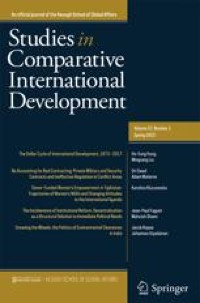Around the world, the Covid-19 pandemic drew attention to state social protection and its limitations. Less attention has been paid to what is likely the world’s largest system of predominantly non-state welfare provision: zakat, an annual Islamic obligatory payment of a percentage of productive wealth to the poor and other eligible recipients. We explore how states and citizens engage with zakat during crises through a case study of the Covid-19 pandemic in Pakistan, Egypt, and Morocco, drawing on novel and nationally representative survey data of 5484 respondents across the three countries. While we may expect that citizens may be less motivated to pay zakat in times of personal economic hardship, we find that a large majority of the general population and of zakat contributors perceives zakat as particularly important in the Covid context. We show that while zakat may play an important role in non-state social welfare provision supplementing state social protection and redistribution in times of crisis, state attempts to harness it are often ineffective. However, while we find that higher income individuals are more likely to pay zakat, even only among those that are eligible, there are potentially negative equity impacts given the flat rate at which it is levied and the fact that people tend to give through personal networks.
This website uses cookies so that we can provide you with the best user experience possible. Cookie information is stored in your browser and performs functions such as recognising you when you return to our website and helping our team to understand which sections of the website you find most interesting and useful.

